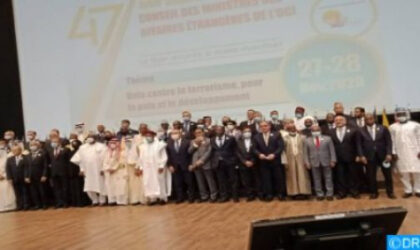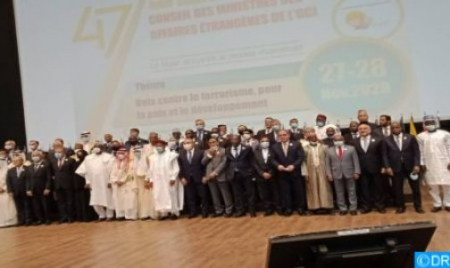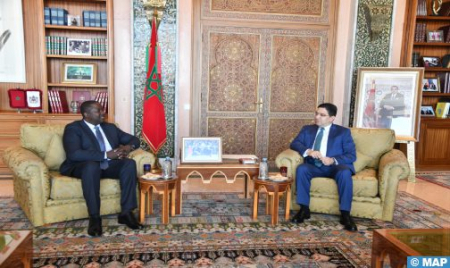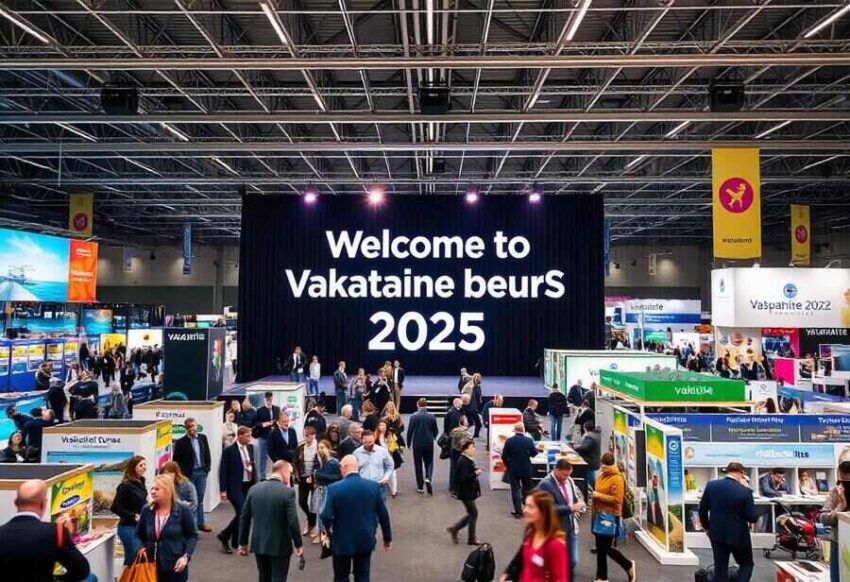 Morocco’s approach to address security and humanitarian challenges in the Sahel region is based on the indivisible triad of “security, human development and training,” said Moroccan Junior Foreign Minister Nezha El Ouafi.
Morocco’s approach to address security and humanitarian challenges in the Sahel region is based on the indivisible triad of “security, human development and training,” said Moroccan Junior Foreign Minister Nezha El Ouafi.
The Moroccan approach to address security and humanitarian challenges in the Sahel is based, as defined by King Mohammed VI, on a three-dimension vision revolving around security, human development, and training, she said during a brainstorming session held part of the 47th session of the Council of Foreign Ministers of the Organization of Islamic Cooperation (OIC) convened in Niamey, Niger November 27-28.
At the security level, El Ouafi said that a multidimensional approach covering military, security, political, socio-economic and cultural aspects must be adopted to combat violence, extremism and terrorism. This is an essential condition for establishing peace and stability in the region.
Regarding human development, it is necessary to combine the prerequisites of economic security and social stability within the framework of unity and national reconciliation because it is the key to the sustainability of the fight against terrorism, she underlined during this event held under the theme “Security and humanitarian challenges facing the Sahel countries, members of the OIC.”
Explaining the importance of training, the official highlighted the need to promote an authentic, tolerant and balanced Islam. Morocco aspires to achieve this goal through the Mohammed VI Institute for the training of Imams, Morchidines and Morchidates, she said.
For Morocco, fighting security and taking up humanitarian challenges in the Sahel countries require stronger cooperation and international coordination with UN bodies and regional organizations operating in this area, the official explained.
It is also necessary to support the implementation of the Security and Development Strategy of the Community of Sahel-Saharan States (2015-2050).
She also stressed the need to develop a common policy on border security in order to implement and promote a secure and friendly environment for economic development projects and foreign investment.
On the humanitarian and economic levels, Morocco believes in the importance of supporting social and solidarity-based income-generating economy to create local wealth and stem the impacts of immigration, terrorism, and drug trafficking.
There is also a need to support agriculture and fisheries, two promising sectors for employment, as part of a far-sighted vision for the future of food security in Sahel countries, El Ouafi said, adding that Morocco advocates the use of financing from monetary and specialized institutions, within the framework of development-focused programs.
The 47th session of the Council of Foreign Ministers of the OIC was held on the theme “United against Terrorism for Peace and Development”.
In addition to the Palestinian cause, the fight against violence, extremism and terrorism, and Islamophobia, the Council discussed the situation of Muslim minorities and communities in non-member states, and the promotion of dialogue among civilizations, cultures and religions, among others.



